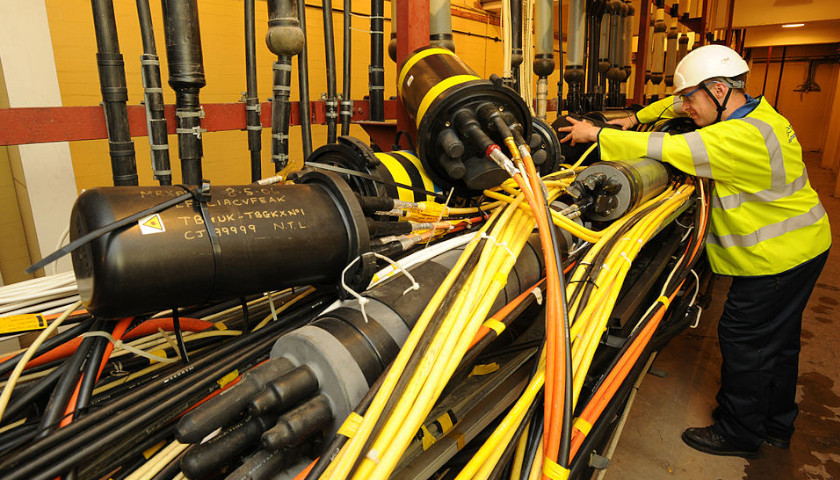by Scott McClallen
Gov. Gretchen Whitmer and the National Telecommunications and Information Administration say Michigan will receive over $1.5 billion through the Broadband Equity, Access, and Deployment Program to expand high-speed internet access and digital equity to over 200,000 Michiganders in underserved areas.
Funding for this program comes from the $65 billion Infrastructure Investment and Jobs Act and aims to ensure Michigan residents have access to affordable, reliable, and high-speed internet.
“Today, we have won a game-changing investment to expand access to reliable, affordable high-speed internet to 210,000 more homes across Michigan,” Whitmer said in a statement. “We are focused on helping anyone ‘Make it in Michigan,’ with a comprehensive view on economic development that wins projects, invests in people, and revitalizes places.”
Each state and territory received a minimum of $100 million and the remainder of their allocation is based on the number of locations currently unserved by high-speed internet as identified on the Federal Communications Commission National Broadband Map.
The Michigan High-Speed Internet Office will finish the required BEAD 5-Year Action Plan.
“The MIHI team is thrilled to see the announcement of the BEAD program,” Michigan Chief Connectively Officer Eric Frederick said in a statement. “This grant is crucial to achieve affordable, reliable high-speed internet for all Michiganders and close the digital equity gap here in Michigan.”
The National Telecommunications and Information Administration is administering the BEAD Program along with additional funding programs that promote innovation and economic growth by supporting efforts to expand broadband connectivity, including the Realizing Opportunity with Broadband Infrastructure Networks (ROBIN) Grant Program.
“Access to high-speed internet means access to jobs, education, and healthcare. These investments in high-speed internet infrastructure will mean that even the most remote areas of Michigan have equitable access to high-speed internet,” said Zachary Kolodin, Michigan’s Chief Infrastructure Office and Director of the Michigan Infrastructure Office. “The federal funding we’ve received from the BEAD program will allow us to connect more than 200,000 underserved households to high-quality, high-speed internet, ensuring that every home in all of Michigan’s 83 counties has broadband access.”
Whitmer created the MIHI in June 2021. The agency has eight employee positions. In 2022, Whitmer named a chief connectivity officer, Eric Frederick, who earns $159,600 annually, records requests say.
Congressmen Dan Kildee welcomed the news.
“Reliable internet access is essential for students, workers and small businesses to be successful in the global economy,” Kildee said in a statement. “I am proud to have passed the Bipartisan Infrastructure Law to improve internet access in Michigan communities. In Congress, I will continue fighting to bring federal resources home to Michigan.”
Michigan will begin deploying the BEAD program funds in mid to late 2024.
– – –
Scott McClallen is a staff writer covering Michigan and Minnesota for The Center Square. A graduate of Hillsdale College, his work has appeared on Forbes.com and FEE.org. Previously, he worked as a financial analyst at Pepsi.
Photo “Broadband Installation” by BT’s BDUK Partnerships Fibre Rollout Photography. CC BY 2.0.





